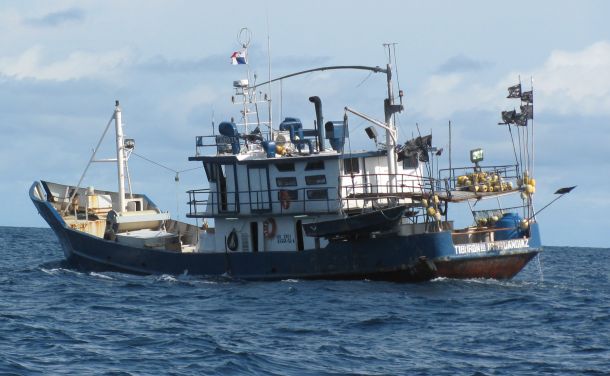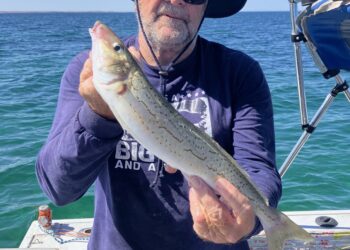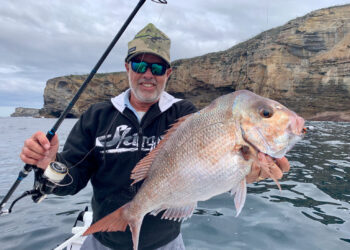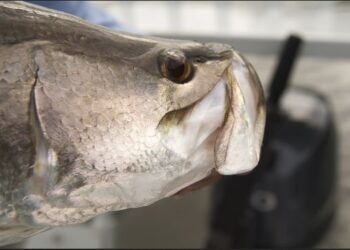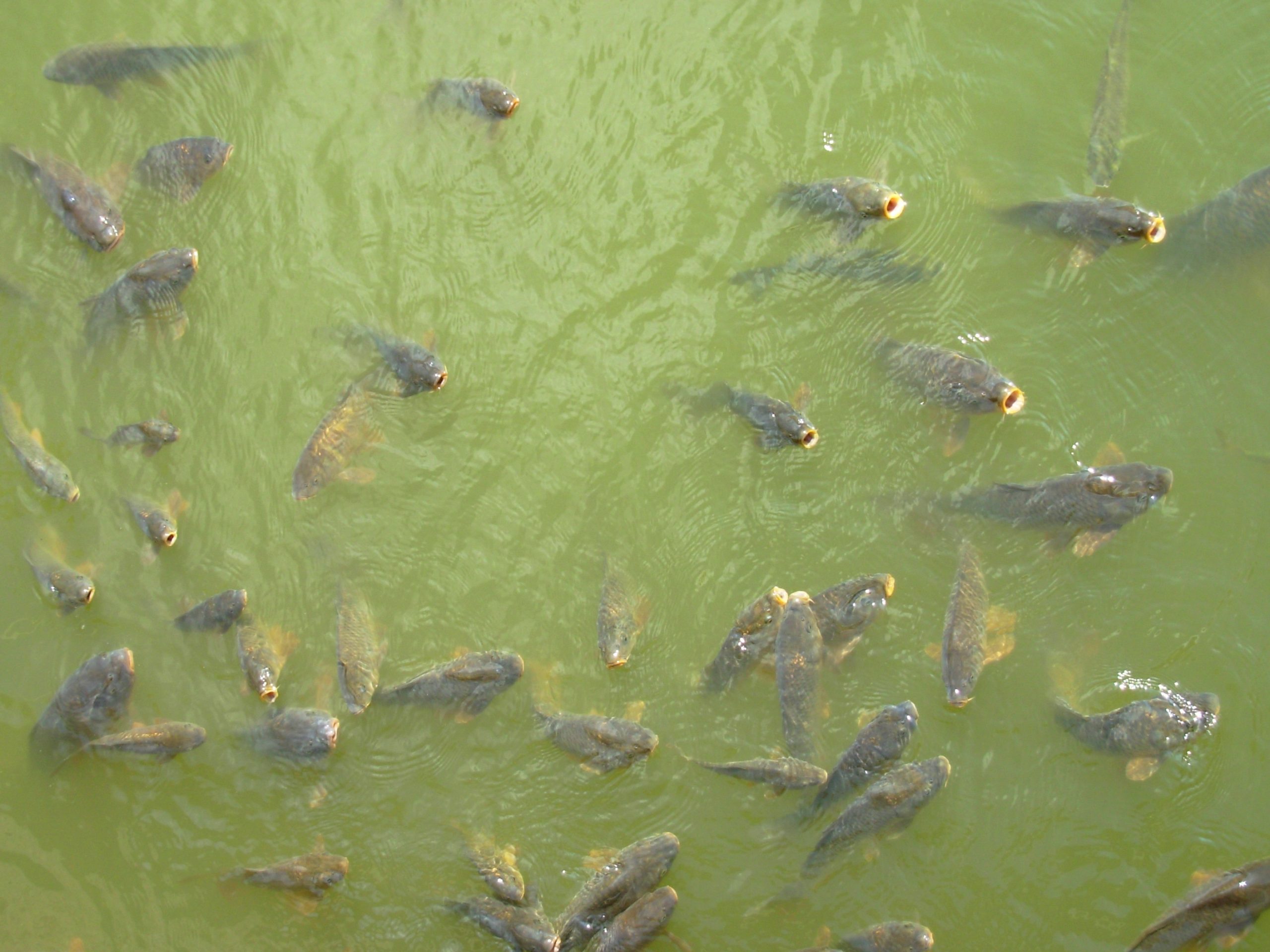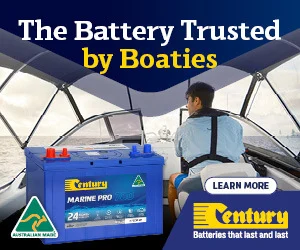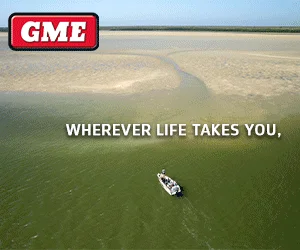After banning commercial purse seining from its waters in July the small Central American nation the Republic of Panama, has now restricted longlining for the conservation of its marine life and its socio-economic growth. The Panamanian government now effectively becomes the first of the seven Central America nations to restrict pelagic longline gear within its waters.
The practice of commercial longlining in the region uses hundreds of baited hooks attached to short lengths of line spaced at intervals to main lines. The longliners target swordfish and tuna, but also hook bycatch species including sharks, turtles and recreational billfish like marlin and sailfish.
Panama’s Executive Decree 486 signed by President Ricardo Martinelli on Dec. 28, 2010, prohibits longline vessels of over six tons from operating within the nation’s waters.
“This action,” said Ellen Peel, President of The Billfish Foundation (a Florida-based non-profit organisationdedicated to conserving and enhancing billfish populationsaround the world) “is the latest in a growing trend that makes Panama one of the most proactive, innovative and committed fishery managers in the world and results from the increasing influence of the collective sportfishing community.
“After prohibiting tuna purse seining in July the signing of these two agreements acts directly on two of the greatest sources of overfishing of marlin and tuna species while creating appropriate sustainable management plans for billfish and other popular game fish vital to growing sportfishing and tourism in the Central America region.”
The founder of OCEARCH (an environmental group that pushes for sustainable fisheries management while protecting sportfishing access) Chris Fischer, who is also on the board of TBF said, “Through this decree the Republic of Panama becomes a global leader in the responsible management of ocean resources and a more established force in the international sportfishing tourism marketplace.”
In Panama, Dr. Ruben Berrocal, National Secretary of SENACYT (Secretaría Nacional de Ciencia, Tecnología e Innovación) added, “The President’s decision underscores his commitment to preserving our natural resources for future generations; and the economic and scientific benefits these measures produce are well-established. Through sustainable marine management efforts and the careful consideration of important advocacy programs to maintain our game fish – such as those supported by The Billfish Foundation – we are committed to ensure that Panama remains a world-renowned destination where commerce, science and economic productivity can live in harmony.”
TBF, through a 2009 agreement with the Organization of Fisheries and Aquaculture for the Isthmus of Central America (OSPESCA), developed a management plan for sportfishing in the seven nation region, assisting each nation in developing appropriate national conservation goals to enhance sportfishing tourism. It includes recreational fishing monitoring and data collecting programs using TBF tags and catch reports to gather vital statistics for decision makers to better understand the dynamics of sportfishing as an important economic tool.
TBF has been working with the governments of Mexico, Costa Rica and Peru – some for over a decade – to protect billfish, mainly from overfishing coastal fisheries by commercial interests, while implementing tag and release programs for sportsmen.
Fishing World applauds the Republic of Panama for its forward thinking while lamenting the fact our own government has yet to see the true value of the recreational fishing dollar to Australia’s economy and environment.





